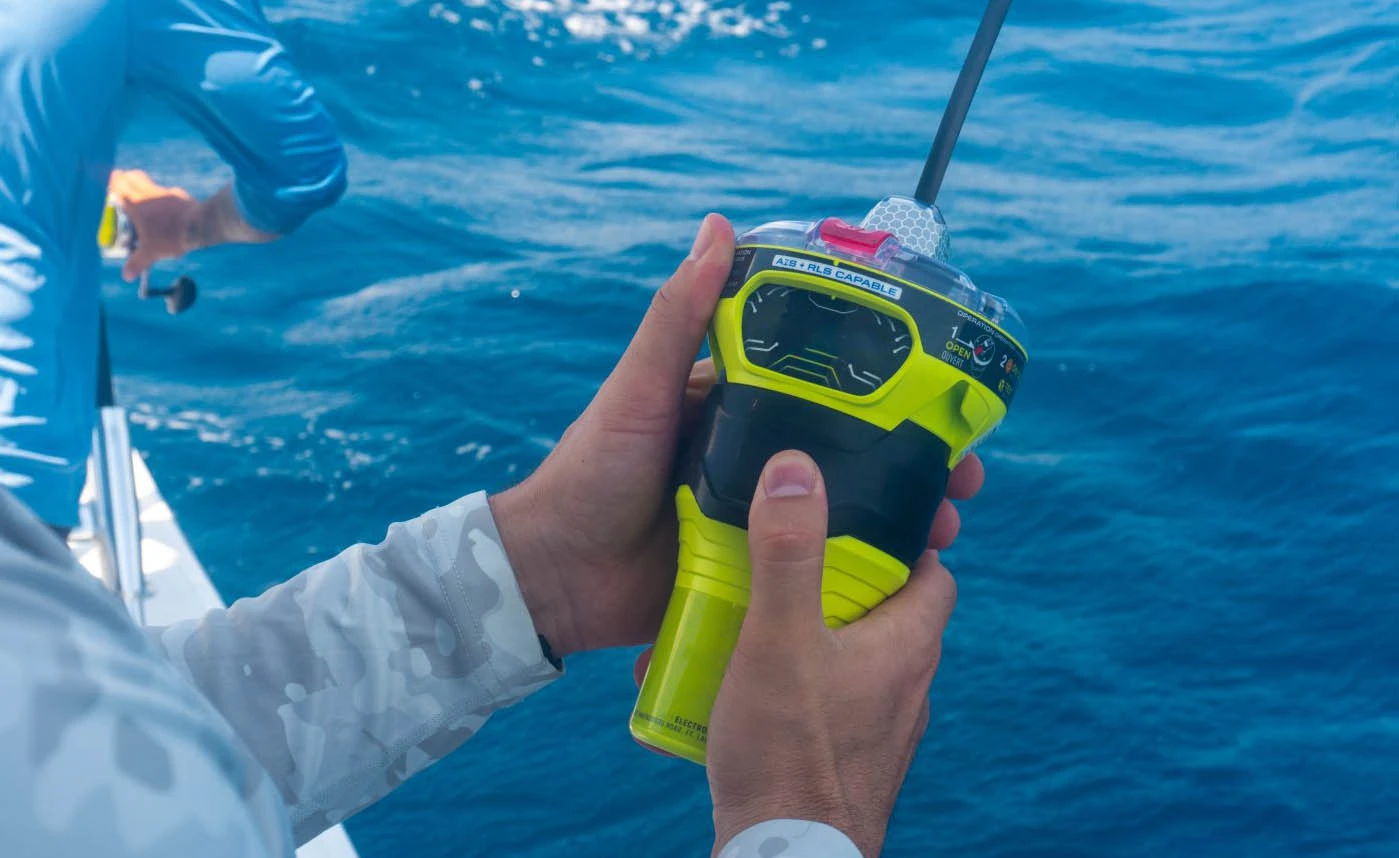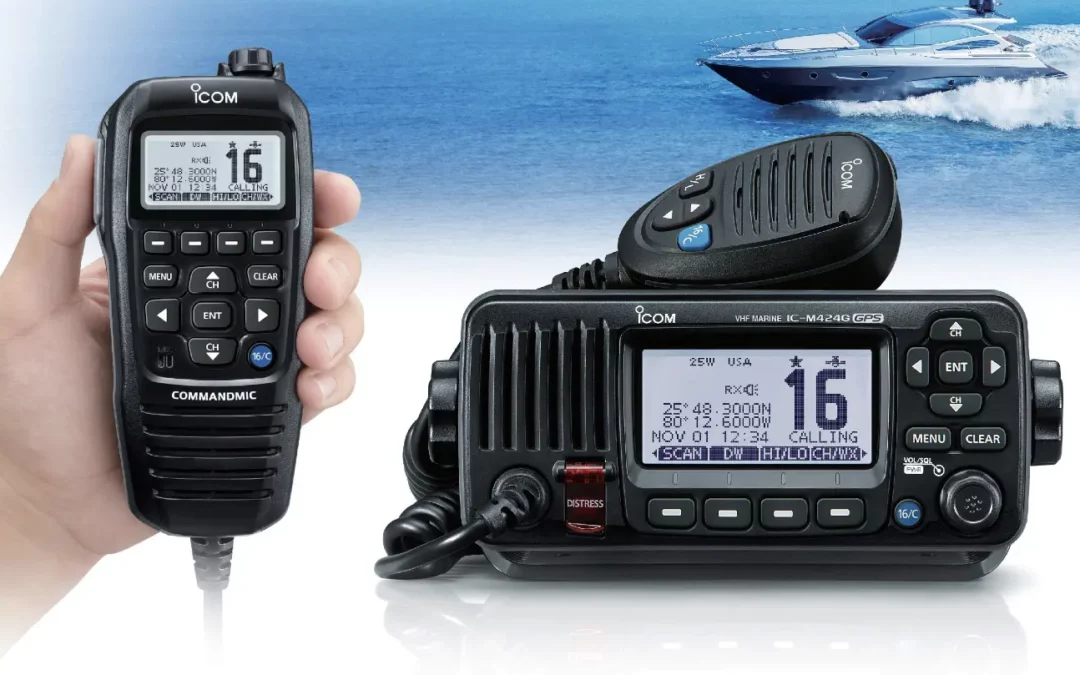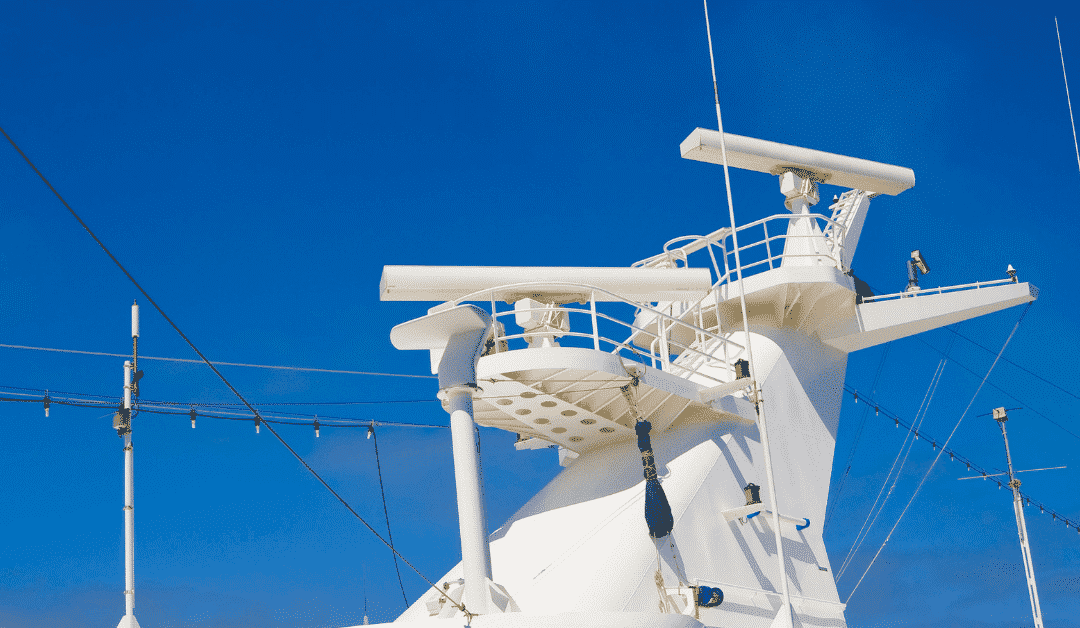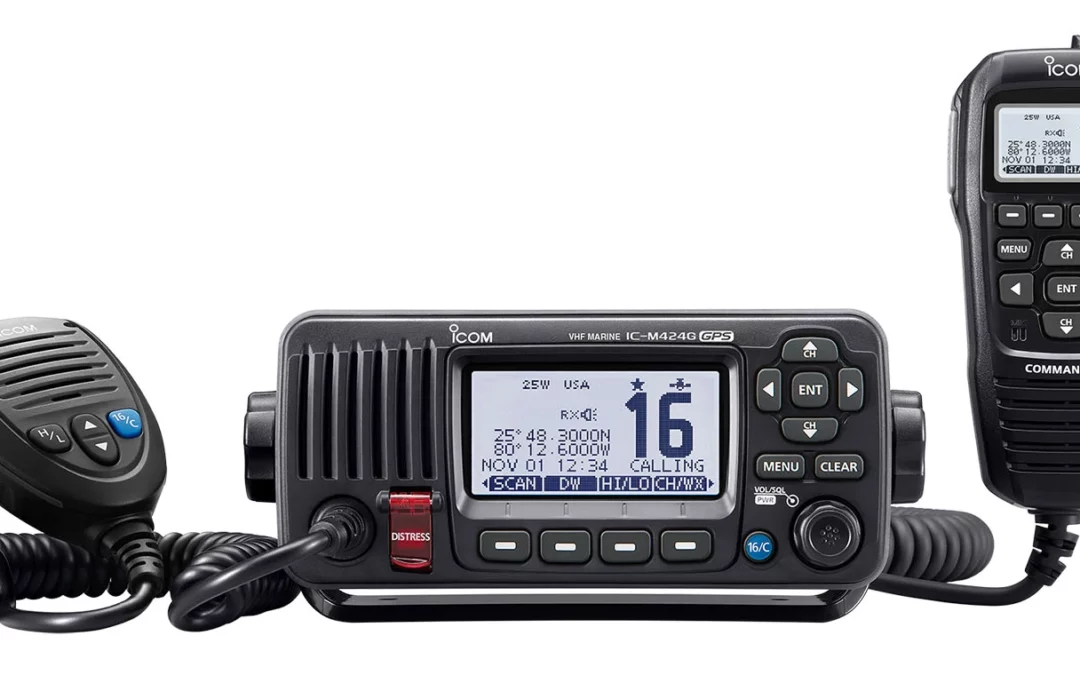Introduction:
In the vast expanse of the world’s oceans, where unforeseen emergencies can arise at any moment, having reliable safety equipment onboard vessels is paramount. Among these lifesaving tools, the Emergency Position Indicating Radio Beacon (EPIRB) stands out as a beacon of hope, capable of alerting rescue authorities to distress situations and guiding them to those in need. In this article, we’ll explore the pivotal role of EPIRB in marine safety, from its definition and functioning to its regulatory requirements, benefits, limitations, and real-life success stories.
Definition of EPIRB:
An EPIRB is a distress signaling device designed to transmit a distress signal on designated frequencies when activated. These compact and rugged devices are equipped with built-in GPS receivers, allowing them to transmit the vessel’s precise location to search and rescue authorities, significantly enhancing the chances of a successful rescue operation.
Importance of Marine Safety Equipment:
Marine safety equipment plays a crucial role in safeguarding the lives of sailors, fishermen, and maritime adventurers alike. In the event of emergencies such as vessel sinking, fire, collision, or medical crises, having access to reliable safety equipment can mean the difference between life and death.
Brief History of EPIRB Technology:
The development of EPIRB technology can be traced back to the early 1970s when satellite-based search and rescue systems were first introduced. Over the decades, advancements in satellite communication and GPS technology have greatly improved the accuracy and effectiveness of EPIRBs in distress situations.
How EPIRB Works:
When activated, EPIRBs emit a distress signal on internationally recognized frequencies, which are detected by satellites in orbit. These satellites relay the distress signal to ground stations, which then notify rescue coordination centers of the distress situation and the vessel’s location. Search and rescue teams are then dispatched to the coordinates provided by the EPIRB to render assistance.
Regulations and Requirements:
EPIRBs are subject to international standards and legal obligations for maritime vessels. These regulations mandate the installation and maintenance of EPIRBs on certain types of vessels, including commercial ships, fishing vessels, and recreational boats, depending on their size and intended use. Compliance with these regulations is essential for ensuring the safety of maritime operations and facilitating timely rescue efforts.
Benefits of EPIRB:
The use of EPIRBs offers several benefits in distress situations. Firstly, EPIRBs provide a rapid and reliable means of alerting search and rescue authorities to emergencies, even in remote or offshore locations where traditional communication methods may be unavailable. Secondly, the integration of GPS technology in modern EPIRBs ensures accurate positioning information, expediting the response time of rescue operations and increasing the likelihood of successful outcomes.
Case Studies and Success Stories:
The effectiveness of EPIRBs in distress situations is exemplified through numerous real-life rescue stories where the timely activation of these devices has saved lives. From solo sailors stranded in remote oceans to fishing crews battling storms at sea, EPIRBs have played a crucial role in alerting authorities to distress situations and guiding rescuers to their locations.
Limitations and Considerations:
Despite their effectiveness, EPIRBs have certain limitations and considerations that users should be aware of. These include factors such as battery life and maintenance requirements, as well as the risk of false alarms and misuse. Proper training, regular testing, and adherence to manufacturer guidelines are essential for maximizing the reliability and effectiveness of EPIRBs.
Conclusion:
In conclusion, the Emergency Position Indicating Radio Beacon (EPIRB) serves as a vital tool for enhancing marine safety and saving lives at sea. By providing a rapid and reliable means of alerting search and rescue authorities to distress situations, EPIRBs significantly increase the chances of survival for sailors, fishermen, and maritime adventurers facing emergencies on the water. As an essential component of marine safety equipment, the use of EPIRBs is not only mandated by international regulations but also represents a proactive approach to ensuring the safety and security of maritime operations worldwide. Whether sailing across oceans or fishing in coastal waters, having an EPIRB onboard can mean the difference between a successful rescue and a tragic outcome.








0 Comments